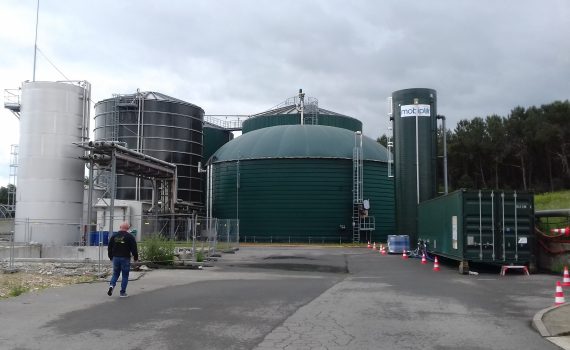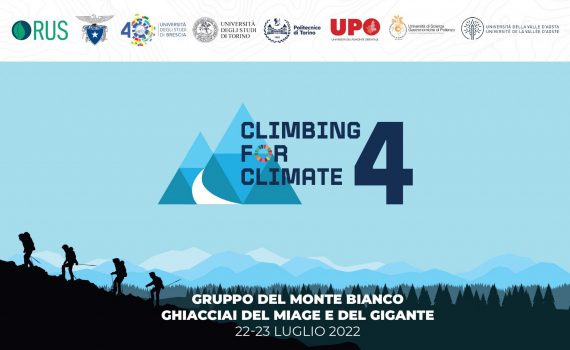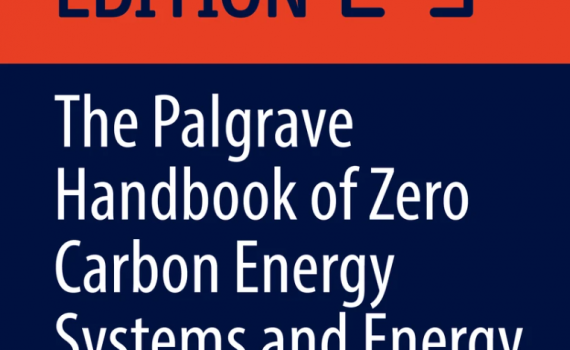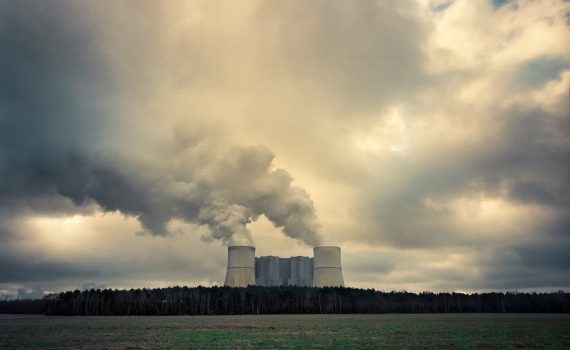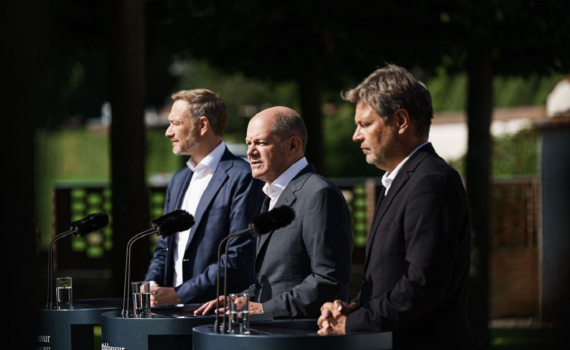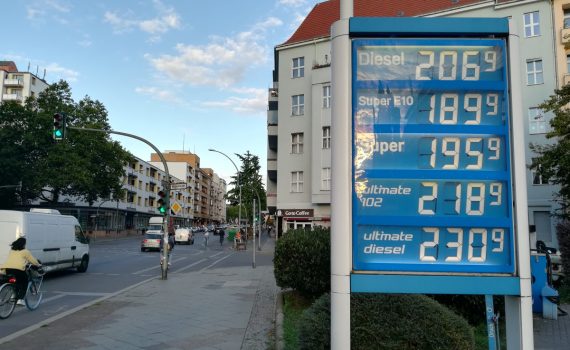This case study follows the implementation of projects in favour of local energy autonomy in Le Mené, which began as a bottom-up initiative and gradually transformed into a municipal self-sufficiency strategy. Le Mené is a small municipality of 6500 inhabitants, which is located in the Côtes d’Armor department, halfway between […]
News
On 28th July, the French Ministry of Ecological Transition and Territorial Cohesion created a Local Authorities’ working group as one of the contributors to the national “Energy saving plan” (Plan Sobriété Énergétique), which the government has been preparing since June 2022 as a response to the current geopolitical turmoil and […]
Local energy production and energy saving actions in Drôme department, as part of the “Biovallée” sustainability strategy, have provided the LOTUS project with insights on successful cooperation between local businesses and citizens. Securing access to energy through self-sufficiency is a central topic in the Drôme valley, as well as many […]
Grenoble city in central France has been one of LOTUS case study sites, where we focused specifically on thermal retrofit projects in collective housing estates, carried out by Grenoble-Alpes Metropolitan public authority since 2010 (“MurMur I” project: 2010-2014, “MurMur II” project: 2016-2020). Since the publication of the Climate-Air-Energy Plan in […]
How to handle an environmental/urban decision problem with many alternatives and the presence of several interdependent criteria? A new paper by Francesca Abastante, Salvatore Corrente, Salvatore Greco and Isabella Lami proposes an integrated MCDA (Multiple Criteria Decision Aiding) approach illustrated by the comparison of alternative projects for the reuse of […]
Promoted by CRUI – The Conference of Italian University Rectors – since July 2016, the Italian University Network for Sustainable Development (RUS) mark the first experience of information sharing and coordination among all Italian universities committed to the topic of environmental sustainability and social responsibility. The main goal of RUS is […]
A new chapter by Isabella Lami, Federica Rotondo, Francesca Abastante and Giancarlo Cotella introduces and discusses an innovative educational approach to complement new and existing architecture and spatial planning courses with a perspective focusing on the governance of urban sustainability and energy transition. The chapter is part of “The Palgrave […]
A very interesting, however not scientific, article in The New Yorker on Germany’s way to exit coal for energy production and its economic impact as well as political resentment. Can Germany be a role model for other countries, like the US? Read more at https://www.newyorker.com/magazine/2022/02/07/can-germany-show-us-how-to-leave-coal-behind
Germany is trying to compensate for the negative effects of the high energy prices resulting from the war in Ukraine. Read more at https://www.cleanenergywire.org/news/third-german-energy-relief-package-introduces-power-price-brake-windfall-taxes-and-freezes-co2-price
Bad news about the consequences of Russia’s attack on Ukraine can be good news for the local energy transition. Read more at https://www.cleanenergywire.org/news/rising-prices-and-climate-top-worries-germany-energy-transition-seen-solution

